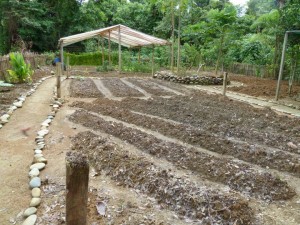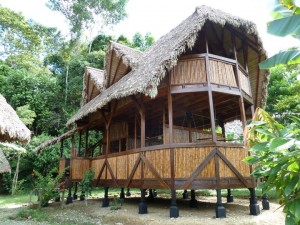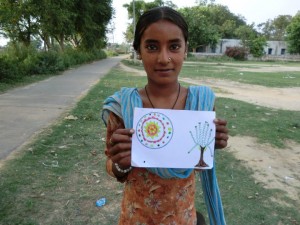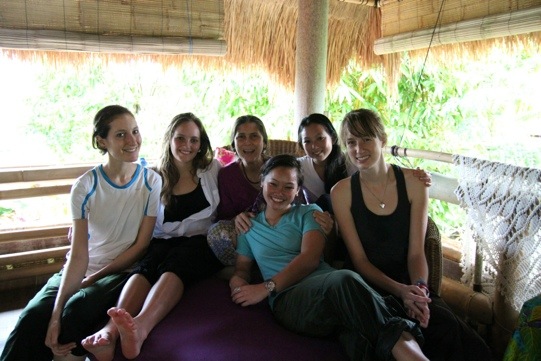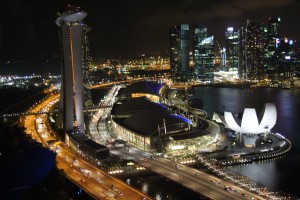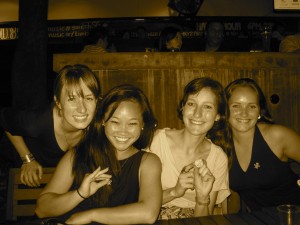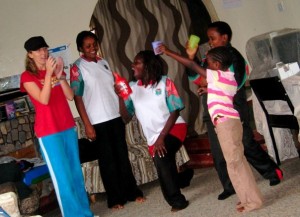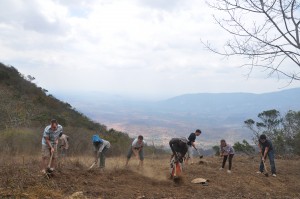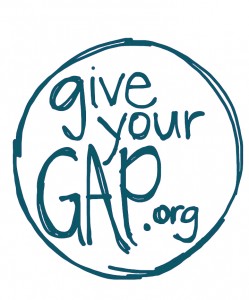 Name: Sarah More
Name: Sarah More
School: University College London
Type of Work: Environment/Conservation, Community Development
Region: South America
Length of stay: 1-2 months
Tell us about the organization you work for and what you do for them.
I traveled to Manu National Park, Peru, with the volunteer company CREES (Conservation, Research & Environmental Education towards Sustainability) in April 2011. They have an eco-lodge set in the Peruvian Amazon where they work to preserve and study the surrounding forest as well as help the local community. I helped build bio-gardens for local people to give them more opportunity to grow their own produce, recorded rare animal numbers, and explored the rainforest with the help of the wonderful local guides.
Share a favorite memory.
There are so many wonderful memories and experiences for me to choose from, I couldn’t put just one down here. The staff at the Manu Learning Centre (MLC) was just fantastic, so friendly and always helpful. Playing soccer with them every evening was so much fun. Traveling along the Madre De Dios river on our little motorboat was another highlight, being able to watch all the things going on along the shoreline. The 4am starts to watch literally thousands of macaws and parrots flying above you was incredible. Just being in the forest, surrounded by ancient trees is a humbling feeling, as is being lucky enough to witness a female jaguar in her natural environment. However, the Peruvian people themselves have to be the best part. Their hilarious wit and kindness will stay with you for a very long time after arriving back home.
What have you learned from your experience? How has it affected your long-term goals?
I am currently studying Archaeology at UCL, so I wanted to visit Peru for its amazingly vast history. Being in such an amazing country has made me want to spend a lot more time in South America. It has also made me far more active and aware of the plight of the Amazon and how we need to conserve it for the future. I learned to be far more independent and to give everything a go at least once. I also became far better at soccer after playing for an hour very night (not compulsory).
What is the most challenging part of your job?
I traveled alone and did not speak Spanish at the time, so the hardest part for me was the huge culture change. However, CREES made it all so much easier, with plenty of good English speakers and a friendly face to meet me from the airport. I was with three other volunteers, a small group for the MLC, but luckily we all got along fantastically and became so close. There is a lot of physical work involved with this project, so that is something anyone considering this needs to take into account. However, if you would prefer not to be so active there are plenty of opportunities to get involved without too much running around the jungle.
Do you have any advice for prospective gappers?
Don’t be put off by the long trip or seemingly isolated location of the MLC. The trip is an amazing journey from Cuzco, through mountains villages, up across the top of the Andes, then down through the Cloud Forest, and into the deep Amazon. There are around 10 members of permanent staff and plenty of visitors to the MLC, as well as lots of projects away from the lodge in the local towns and villages. It is a brilliant opportunity to see rainforest life and help out in a number of different ways. I had a fantastic time.

